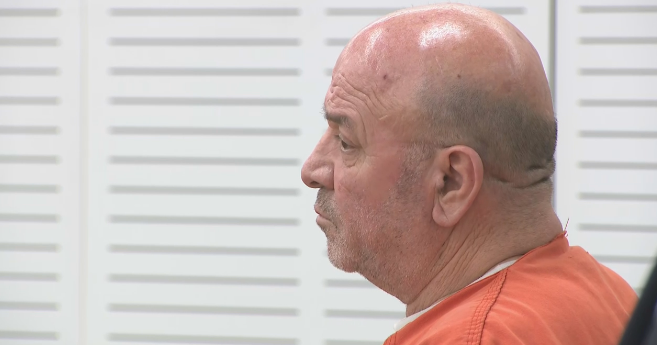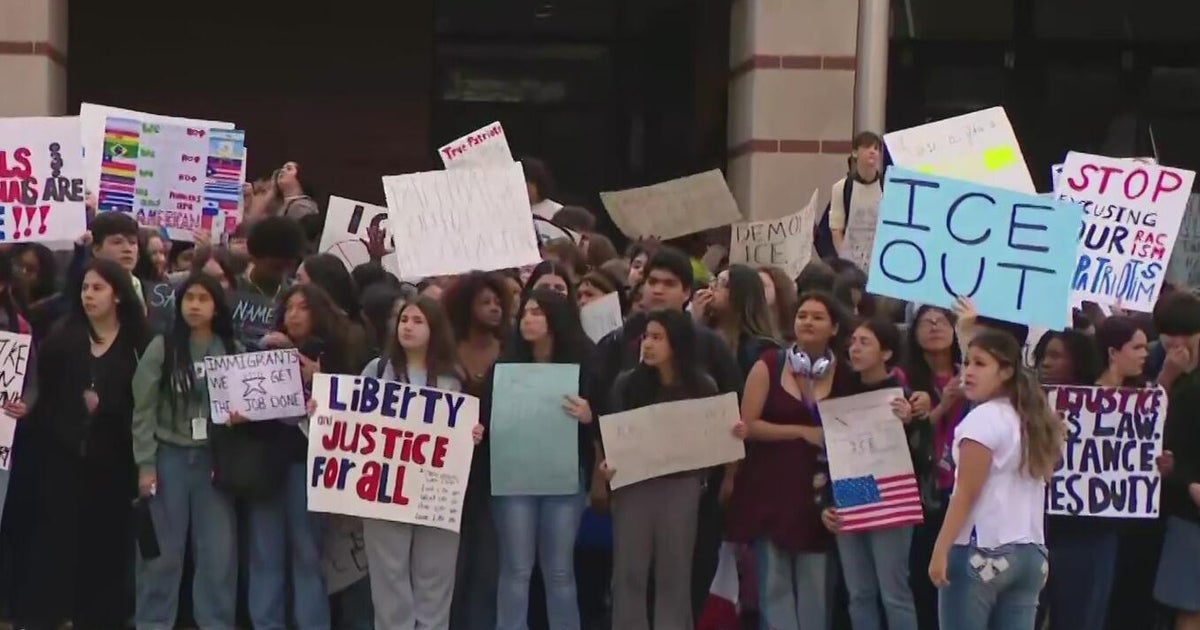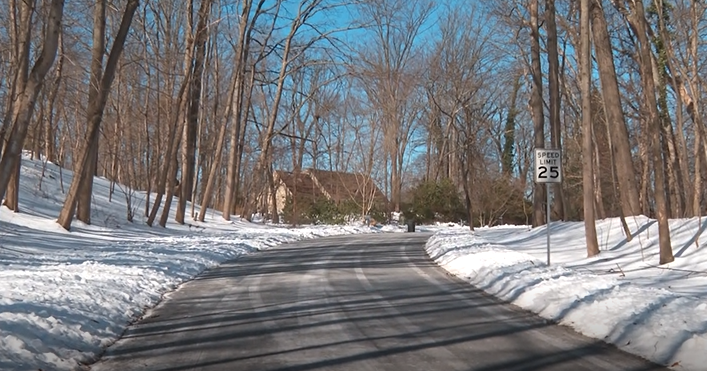Judges Move Up Texas Redistricting Arguments
WASHINGTON (AP) -- A three-judge panel hearing arguments about whether the Texas Legislature violated the federal Voting Rights Act when it redrew the state's political maps said Tuesday it is moving up closing arguments in the case because of a recent Supreme Court ruling.
Judge Rosemary Collyer said a decision last week by the Supreme Court to send interim redistricting maps back to a San Antonio court means that many of the parties involved with the trial in Washington will be needed in San Antonio.
"It will allow you to finish up with this and turn your attention to whatever's going on," in San Antonio, Collyer said of the new timetable.
Closing arguments, which had been scheduled for Feb. 3 will now be held on Jan. 31. The judges have also set a schedule for post-trial filings from the state of Texas, Justice Department and minority groups who are arguing the case.
The state of Texas and the Justice Department will each get one hour to deliver closing remarks. Several minority groups who have joined with the Justice Department to oppose Texas' map will be given about 15 minutes each to make their closing remarks.
Collyer's decision comes less than a week after the Supreme Court ruled that a federal court in San Antonio charged with drawing an interim map for Texas erred by not paying enough deference to the map originally drawn by the Texas Legislature. That court will now reconsider arguments and has been asked by the Supreme Court to draw a new interim map that uses the Legislature's map as a basis.
The San Antonio court became in charge of interim maps after the Justice Department contested the map drawn by the Texas Legislature. Texas is one of nine states that must seek pre-approval from the Justice Department because of a past history of racial bias in drawing political maps.
After the San Antonio court drew its map -- a map that favored more Democrats -- Texas Attorney General Greg Abbott appealed to the Supreme Court to have the interim map thrown out and have Texas' original map reinstated. The high court chose not to reinstate Texas' map, a decision that would have had huge implications for the Voting Rights Act and federal election law, but agree with the state that the map should be thrown out.
All of the legal action comes against a tight timetable: Texas's primaries are scheduled for April and at the moment the state has no political maps.
(Copyright 2012 by The Associated Press. All Rights Reserved.)







